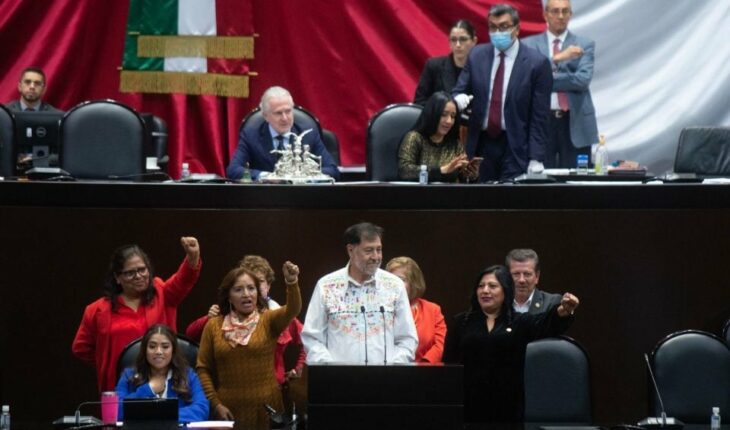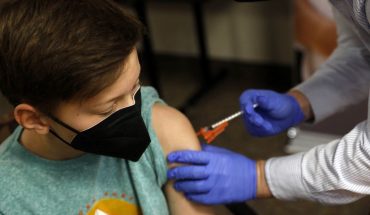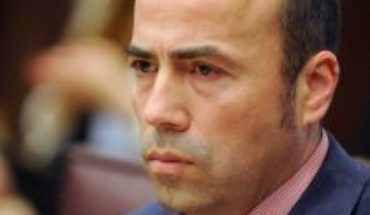Six months after it was presented to Congress, the electoral reform of President Andrés Manuel López Obrador will arrive this Tuesday at the plenary session of the Chamber of Deputies, where Morena and its allies are still seeking the support of some opposition legislators, although they know that they face a negative scenario and a high probability that the issue will not pass.
The reform was approved on Monday in commissions, where Morena only needed a simple majority and the opposition bloc assured that, already in the plenary, the matter will end up rejected because it will not obtain a qualified majority, that is, two-thirds of the votes.
Juan Ramiro Robledo, a Morena deputy and president of the Constitutional Points Commission — one of the three rulings — told reporters yesterday that his party will try to continue negotiating with the opposition.
“Still tomorrow, in the whole discussion, the possibility of reaching agreements, of reaching consensus on some parties, of reaching agreement on everything is open. That possibility on our part is always open,” he told the media at the end of the session of united commissions.
The legislator recognized the scenario that Morena does not reach the qualified majority. Given this, and after President López Obrador himself has admitted that possibility, Robledo announced that his caucus would wait for the so-called “plan B” of the president, a package of reforms to secondary laws in electoral matters.
“Well, (it will come) right away. It is no longer up to us. It was his proposal, but right away,” he said.
Morena and its allies have 276 of the 500 seats in the House, insufficient for a constitutional reform like the one that will be discussed today but enough for changes to regulatory laws. The PAN, PRI, PRD and MC bloc has the remaining 224 seats.
Ignacio Mier, coordinator of the Morena caucus, again criticized the opposition’s position of rejecting the president’s reform, arguing that they are changes that would benefit the country. On the contrary, the opposition blocs argue that these modifications would give more power to the government and give it the possibility of controlling elections.
In a press conference, Mier said that the majority of the population supports López Obrador’s electoral reform and wants changes in the National Electoral Institute (INE).
“86% of Mexicans are in favor of an electoral reform, 61% of Mexicans want the National Electoral Institute to remain citizenized, away from quotas and quotas, that we no longer have (an institution that is) product of the agreements of the political parties, as happened in 2013-14, “said the legislator, referring to the last constitutional reform in the matter approved in Congress.
The tensions over the electoral reform occur a few days before López Obrador celebrates four years of government on December 1 and that, no later than December 15, the Chamber of Deputies and the Senate must close their current regular session.
What we do at Animal Político requires professional journalists, teamwork, dialogue with readers and something very important: independence. You can help us keep going. Be part of the team.
Subscribe to Animal Político, receive benefits and support free journalism#YoSoyAnimal





